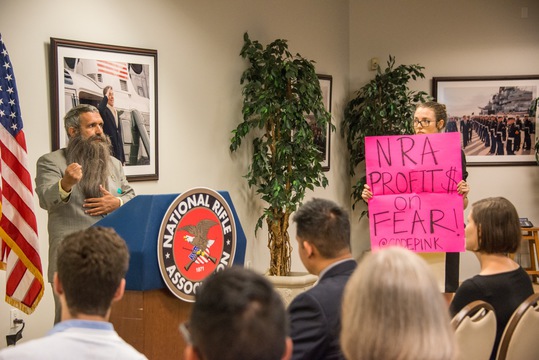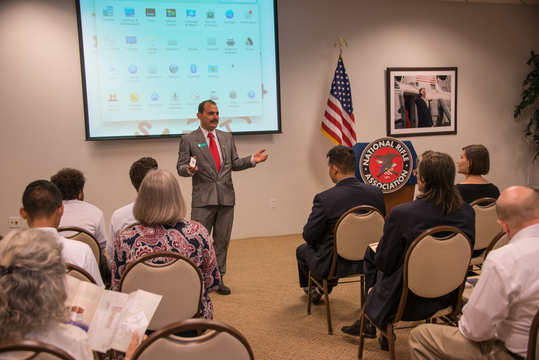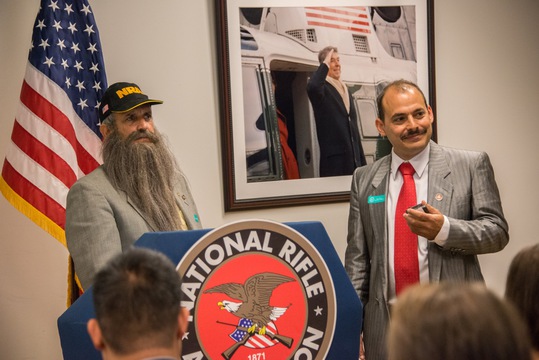Search results for 'performance'
The Flexible Personality - Notes
Notes for Brain Holmes' text: The Flexible Personality: For a New Cultural Critique.
ReadArt and the Paradoxical Citizen
To the Arts, Citizens: it's a fantastic title. Hearing it, anyone who's been involved in political activism will probably think: "At last we're getting somewhere." The idea that art is part of citizenship, that there is a democratic exercise of the arts within the framework of public life, and that this appeal to the citizen-artist can be supported by a major cultural institution, is about as progressive as you could get today. Especially since this is a direct echo of the French republican tradition, where the phrase, Aux armes citoyens, is nothing less than a call to rise up and institute democracy against tyranny ? in other words, a call to revolution. The Portuguese know the meaning of this revolutionary call to arms from decisive historical events that are still in living memory. So one can imagine that the organizers of this exhibition did not take their title lightly.
Read30 Years of Tactical Media
This is a short text [1] which appears in "Public Netbase: Non Stop Future. New Practices in Art and Media" edited by the fine people at the New Media Center_kuda.org, in cooperation with World-Information Institute / t0. This book was presented at Transmediale 2009 in Berlin.
http://nonstop-future.org
Tactical media as a practice has a long history and, it seems save to predict, an even longer future. Yet its existence as a distinct concept around which something of a social movement, or more precisely, a self- aware network of people and projects would coalesce has been relatively short lived, largely confined to the internet's first decade as a mass medium (1995-2005).
NRA and Smith & Wesson Partner to "Share the Safety" With All Americans
FOR IMMEDIATE RELEASE
Wednesday, June 22, 2016
Simi Valley, Ca. - The NRA announced today, at the Ronald Reagan Presidential Library, a new program to get guns into the hands of statistically under-armed Americans—from homosexuals to the elderly to besieged urban communities—and make self-defense, rather than gun control, the protection of choice for all Americans.
Next 5 Minutes 3
Amsterdam & Rotterdam, The Netherlands, 12-14 March, 1999
The third Next 5 Minutes, an Amsterdam based conference on tactical communications culture, featuring do-it-yourself media, dissident art and electronic media activists from around the world, took place on the 12th, 13th and 14th of March 1999.
N5M3 archived festival website
ReadBodies of Fear in a World of Threat
They wanted the Germs; they got 'em. - Darby Crash
The use of the symbolic abstraction of fear as an exchangeable sign has
always been a helpful means to justify and manifest the most perverse
needs of authority invested in the expansion of militarized orders and
the erasure of individual autonomy. But in the United States after the
9/11 attacks, fear reigns supreme as a fundamental unit of exchange
across the entire political, economic, and military spectrum.
Some points of departure
Introductory essay for the second editon of the Next 5 Minutes festival of tactical media, 1996.
Media, Activism and Society of the Spectacle
Our ability to move into a collectively imagined future has been trapped in an ever-present now, composed of continually transmitted images. The spectacle accompanies us throughout our lives. News, propaganda, advertising, entertainment and social media present a continuous stream of imagery, projecting a constant justification for how our culture is formulated. When Guy Debord first published The Society of the Spectacle in 1967, the digital revolution was still decades away and the technological capacity to project images into every corner of our lives was far less developed than it is today. The spectacle is no longer simply all of the time; it is also everywhere. More than ever before, Debord's words apply: "Everything that was directly lived has receded into a representation."
ReadCan Internet technology still revolutionize activism?
One of the biggest promises of the Internet was the transformation of political activism. No longer would change come about solely through the actions of large organizations, claimed the Web's early enthusiasts. Now, they claimed, individuals could rouse the concern of their fellow citizens for a particular cause through Web sites, e-mail, and online petitions. Those who normally shunned demonstrations and limited their participation in the public sphere could be contacted personally in their e-mail box, and all that would be necessary for them to do to show their support would be to click a button or fill in a field. Soon, pundits predicted, there would be a revolution in grassroots participation in the political process.
ReadThe Brent Spar Syndrome
Shell is not going to forget lightly its misadventures with the Brent Spar. The Oil Major was taken by complete surprise when the Greenpeace campaign against sinking that former drill platform achieved its goals. What happened to Shell can in fact happen to any corporation. Loosing control of the situation as result of the activities of a pressure group has become a nightmare scenario for the modern multinational enterprise.
ReadA New Geography of Power?
The formal political system today faces a new geography of power.
Globalization and the new technologies have contributed to the
shrinking of state authority and the explosion of a whole series of new
actors engaged in governance activities.
The current phase of the world economy is characterized by significant
discontinuities with the preceding periods and radically new
arrangements. This becomes particularly evident in the impact of
globalization on the geography of economic activity and on the
organization of political power. There is an incipient unbundling of
the exclusive authority over its territory we have long associated with
the nation-state.
Transfiguration of the Avant-Garde
The Negative Dialectics of the Net
In his essay, "Presenting the Unpresentable: The Sublime", Jean-François Lyotard observes that capitalism, technoscience and the pictorial avant-garde of the twentieth century share an 'affinity to infinity'. All three point towards a sensibility that is constitutive for the experience of the modern world.
Final Program: As If / Vox Populi / The Syrian Archive / The Society of Post-Control
Tactical Media Connections public program, Amsterdam January 20 - 22, 2017.
As part of the Tactical Media Connections public research trajectory tracing the legacies of Tactical Media and its connections to the present, a series of public events take place in Amsterdam between January 20 and 22, 2017. The public program includes an exhibition at Framer Framed in the Tolhuistuin cultural centre, opening on Friday January 20; a Meme Wars Lab workshop on Friday January 20; a public debate at Eye Filmmuseum on Saturday January 21, and a one day conference (‘The Society of Post-Control’) again at the Tolhuistuin on Sunday January 22.
Please find below a brief program overview, followed by a detailed description of the different parts of the public program.
The End of a Paradise
In tactical media circles the Amsterdam media landscape has long been treated as a Utopian model because of her free radios, open tv-channels and digital public spaces. The last few years this media paradise is under threat. How did this come about? And is it still possible to reverse this development? This is the theme of the Amsterdam Media Debate. Nina Meilof (The Digital City - DDS), Andreas Baader and Josephine (Radio Patapoe), Frank (Radio de Vrije Keyser) and media-activists Patrice Riemens, Geert Lovink and Menno Grootveld prepared the grounds for the discussion.
The aim of the Amsterdam Media Debate during The Next 5 Minutes is to explain to the international participants that big changes are underway here. They may perhaps learn something from our experiences, but we would also like to try and find out what the differences are with other big cities and with other countries. What are these big changes and how is the situation at the present moment?
Tandem Surfing the Third Wave: Part 3
This interview was conducted between subRosa and Ryan Griffis via email correspondence during the first half of 2003.
CAE: Framing Tactical Media
Anyone involved with "tactical media" (TM) before its famed christening in 1996 at the Next Five Minutes had to know that naming this cultural/political tendency was going to have some very negative repercussions. The naming was the first step in doing what TM feared the most°Xclaiming cultural territory doomed to house haunting archives. Once given an official title, so many nasty processes could begin - most significantly, the construction of historical narratives. So many narratives already exist explaining this ephemeral, immediate, specific, and deterritorialized process of cultural production that seemed so urgent to so many radical subjects in the early 90s.




